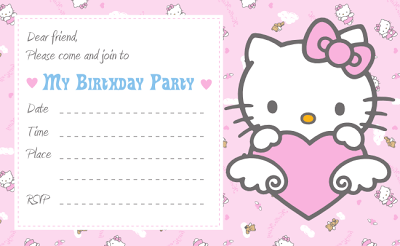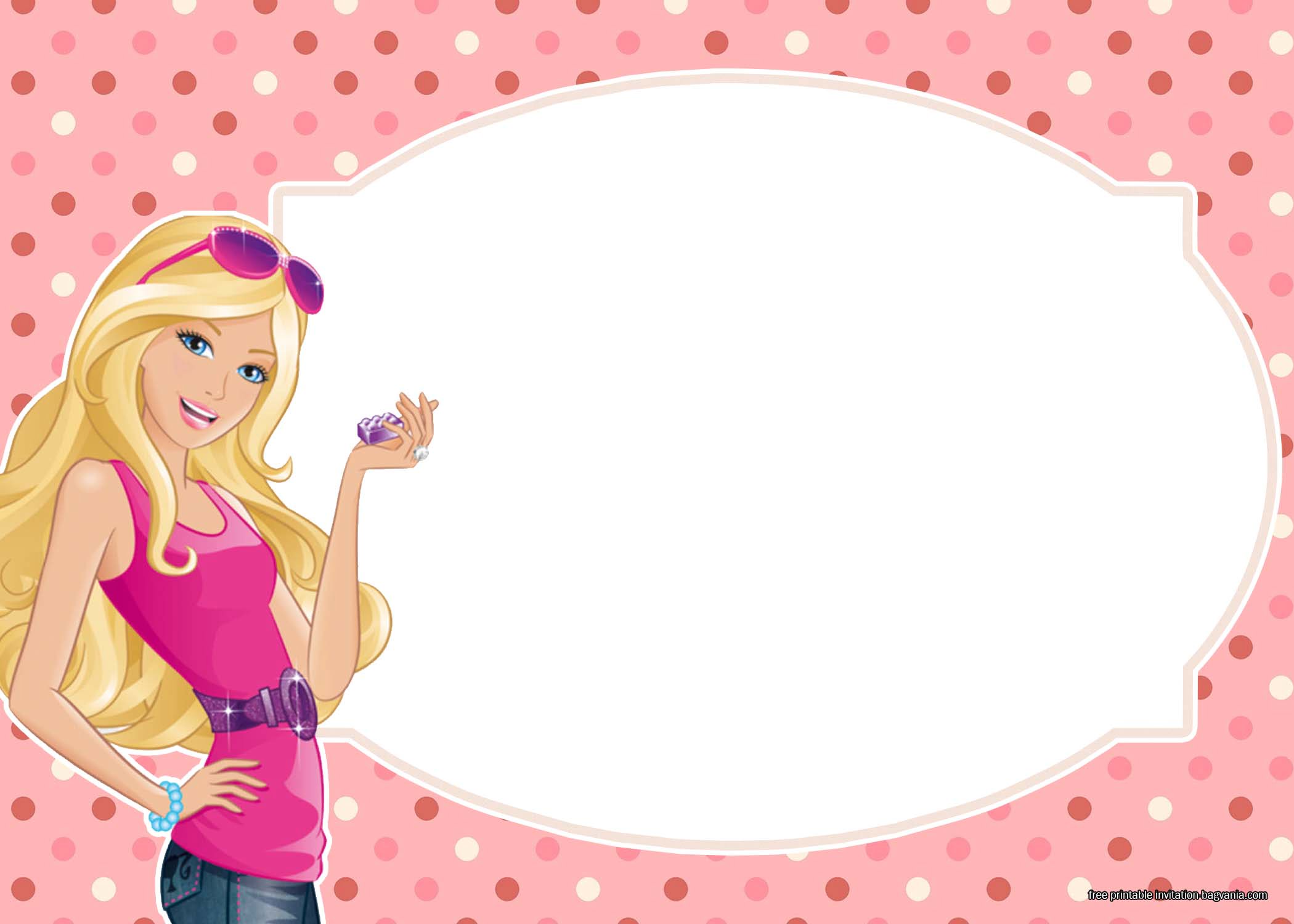Word puzzles are a fantastic way to engage children in fun and educational play. Games like crosswords, word searches, word scrambles, and cryptograms challenge kids to think critically, recognize patterns, and expand their vocabulary. These activities not only strengthen spelling and reading skills but also boost problem-solving abilities and concentration. Whether played alone or with friends, word puzzles provide a sense of accomplishment and keep young minds active in an enjoyable way.
In addition to being a great learning tool, word puzzles can add excitement to kids’ parties and playdates. They can be customized to match party themes, turned into friendly competitions, or used as interactive group challenges. Whether solving a pirate-themed crossword at a birthday party or racing to unscramble words at a playdate, kids will have fun while sharpening their minds. Incorporating word puzzles into social gatherings makes learning feel like play, ensuring both entertainment and skill-building go hand in hand.
Benefits of Word Puzzles for Children
Word puzzles are not just something to keep your children busy or occupied, they actually come with a lot of hidden benefits that can help your children develop in many different areas. Whether it is a crossword puzzle, word search, word scramble or cryptogram, here are some of the key benefits:
- Enhances Early Literacy Skills: Simple word puzzles, like basic word searches or picture-word matching games, help young children (preschoolers and kindergarteners) recognize letters and develop early reading skills. These activities strengthen letter recognition, phonics awareness, and vocabulary, providing a strong foundation for future literacy development.
- Improves Spelling and Vocabulary: For elementary school-aged children, word puzzles introduce new words and reinforce correct spelling. Crosswords and word scrambles encourage kids to think about word meanings and how letters fit together, which strengthens their vocabulary and language skills in a fun and engaging way.
- Boosts Critical Thinking and Problem-Solving: More complex puzzles, such as cryptograms and advanced crosswords, are really great for preteens and teens. They challenge older kids to use logic and reasoning. These activities improve analytical thinking, pattern recognition, and problem-solving skills, which are valuable for academic success and everyday decision-making.
- Encourages Social Interaction and Teamwork: Word puzzles can be enjoyed in groups, making them great for collaborative learning. Whether children are solving puzzles with siblings, friends, or classmates, they practice communication, teamwork, and patience while having fun. Group word games foster a sense of achievement and encourage positive social interactions.
- Provides Screen-Free, Engaging Entertainment: In a world dominated by screens, word puzzles offer a refreshing alternative that keeps kids entertained without digital distractions. They help improve focus and attention span while promoting a love for learning in a relaxed and enjoyable way.
So what else are you waiting for? Try out some word puzzles with your children and let them have a lot of fun while developing in many different areas and learning new things.
Word Puzzles
Crossword Puzzles
Crossword puzzles challenge kids to fill in a grid using clues that define words, helping them build vocabulary and comprehension skills. These puzzles are best suited for elementary school children and older, as they require reading and spelling abilities. Crosswords encourage critical thinking by prompting kids to recall definitions, recognize word patterns, and make logical connections between clues. They are especially helpful for reinforcing new vocabulary in a fun and interactive way.
Crosswords come in many different styles and themes and there is always something for everyone. For your little ones, you may want to start with a simple crossword, like this fruit-themed picture crossword from EZPZ Learn. The fun colorful illustrations act as the clues to fill in the grid, which is really great for young children.

For your older kids, you may want to go for more challenging crossword puzzle, like this one from Ocean Crusaders. Crossword puzzles like this one challenge them to the names of various sea animals, and some interesting facts around them. If your children is interested in sea animals, this crossword puzzle will be a great hit. When getting word puzzles for your children, the most important thing is to cater to their interests, crossword puzzles come in many different interesting themes, such as sea animals, space, movies and many more!

Word Search
Word searches involve finding hidden words within a grid of letters, often based on a specific theme. This puzzle type is great for preschoolers and up, as younger children can start with simple, small grids while older kids can tackle more complex versions. Word searches help improve letter recognition, spelling, and visual scanning skills. They also enhance focus and patience, making them an excellent quiet-time activity that still feels engaging and rewarding. Just like crossword puzzles, word search come in different themes and complexities, don’t forget to cater to your child’s age group and interests!


Word Scramble
Word scramble puzzles present kids with jumbled letters that they must rearrange to form the correct word. These are ideal for elementary school students learning to spell and expand their vocabulary. By unscrambling letters, children strengthen their understanding of word structure, letter placement, and phonics. This type of puzzle also boosts problem-solving skills, as kids must experiment with different letter combinations to find the right answer.


Cryptogram
Cryptograms are puzzles where letters are substituted with other letters or symbols, requiring kids to decode the message. These are best suited for preteens and teens who enjoy logic challenges and have a solid grasp of vocabulary. Solving cryptograms strengthens reasoning, pattern recognition, and deductive thinking. It also fosters perseverance, as kids must work through trial and error to decipher the hidden words or phrases.
We’ve got two examples of some really fun cryptograms for children, one requires your child to substitute letters with other letters, and the other one gets them to subsite symbols with letters. Both are equally engaging, fun and educational! You can click the link on the caption to head to the website.


Incorporating Word Puzzles at Parties and Playdates
Word puzzles can be a fantastic addition to parties and playdates, turning learning into an exciting group activity. You can create themed crosswords or word searches that match the party’s topic, such as a pirate adventure or a fairy tale quest. Word scrambles can be used as a race, where kids compete to unscramble words the fastest, while cryptograms can become a team-based challenge where groups work together to decode a secret message. Adding a fun twist, like prizes or time challenges, keeps kids engaged and makes word puzzles an interactive part of the celebration.
Benefits of Doing Word Puzzles Together
Solving word puzzles as a group encourages teamwork, communication, and problem-solving. Children learn to collaborate by sharing ideas, discussing possible answers, and helping each other when stuck. This strengthens their social skills while reinforcing language development in a playful way. Group word puzzles also build confidence, as kids celebrate their successes together, and foster a sense of friendly competition that makes learning enjoyable. Most importantly, these activities create positive memories around learning, helping children associate word games with fun and friendship.
Turn Word Puzzles into Fun Word Games
1. Word Hunt Relay
How to Play: Divide kids into teams and give each team a word search puzzle. Instead of everyone working at once, players take turns finding one word before passing the puzzle to the next teammate. The first team to find all the words wins.
Benefits: Encourages teamwork, improves focus, and strengthens spelling and vocabulary skills.
2. Scramble Race
How to Play: Write scrambled words on index cards and place them in a pile. Each player picks a card, unscrambles the word, and writes the correct word down. The first to unscramble all their words correctly wins. You can theme the words based on the party (e.g., animals, superheroes, or space words).
Benefits: Enhances problem-solving, spelling, and word recognition while adding a fun competitive element.
3. Mystery Message Cryptogram
How to Play: Create a simple cryptogram where letters are substituted (e.g., A = C, B = D). Hide a secret phrase or joke within the puzzle. Kids work in teams or individually to decode the message. You can offer small prizes for those who crack the code first.
Benefits: Boosts critical thinking, logical reasoning, and pattern recognition while making kids feel like detectives.
Invitation Templates
When inviting family and friends with young children to a “Word Puzzle Party” you are going to need an invitation that will get everyone excited to come. Whether you are sending personal invitation or posting on social media, we have a collection of free invitation templates with so many fun designs for kids’ playdates and parties. Head to 7+ Cool Alien Spaceship For Birthday Invitation Templates and 7+ Safari Animals For Boys Birthday Invitation Templates to check out some of the designs.


Once you’ve picked a template (or templates) of your liking, all you have to do is download and edit in the details to your party. Don’t forget to mention how fun word puzzles can be for everyone!
Final Thoughts
Word puzzles are a fun and engaging way to support children’s learning while keeping them entertained. Activities like crosswords, word searches, word scrambles, and cryptograms help develop important skills such as vocabulary, spelling, critical thinking, and problem-solving. Whether played alone or in groups, these puzzles challenge young minds in a way that feels exciting rather than like traditional learning.
Incorporating word puzzles into parties and playdates makes them even more enjoyable, turning simple games into interactive and social experiences. Kids not only strengthen their language skills but also learn to collaborate, communicate, and think creatively. By making word puzzles a regular part of play, parents and educators can encourage both fun and learning, ensuring children develop essential skills in an enjoyable way.































